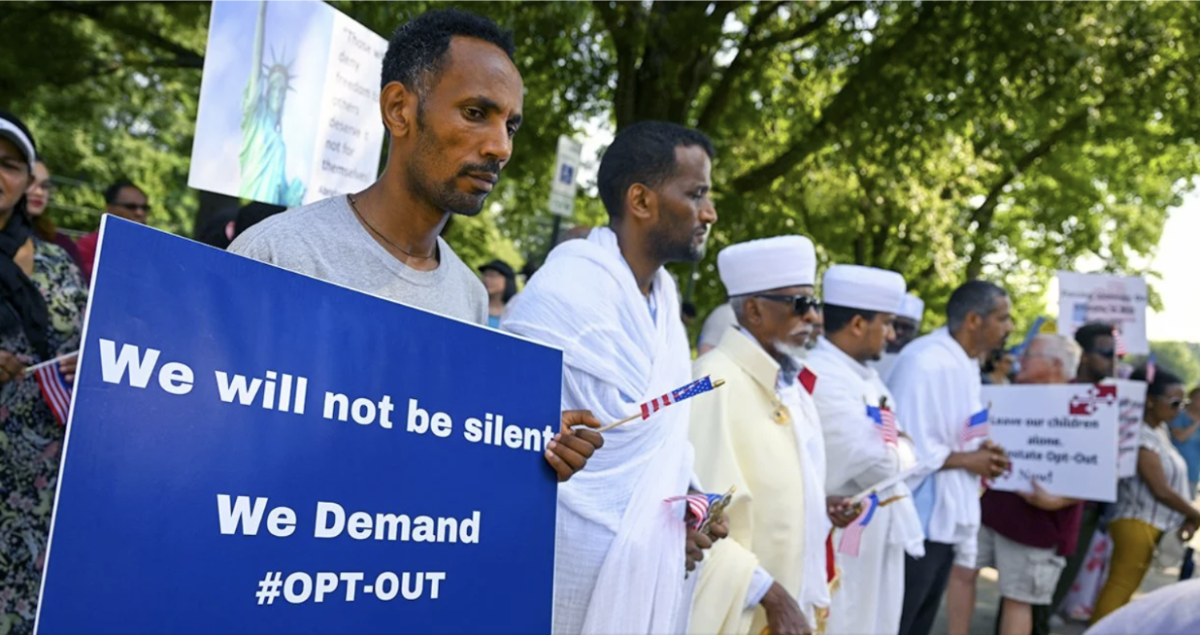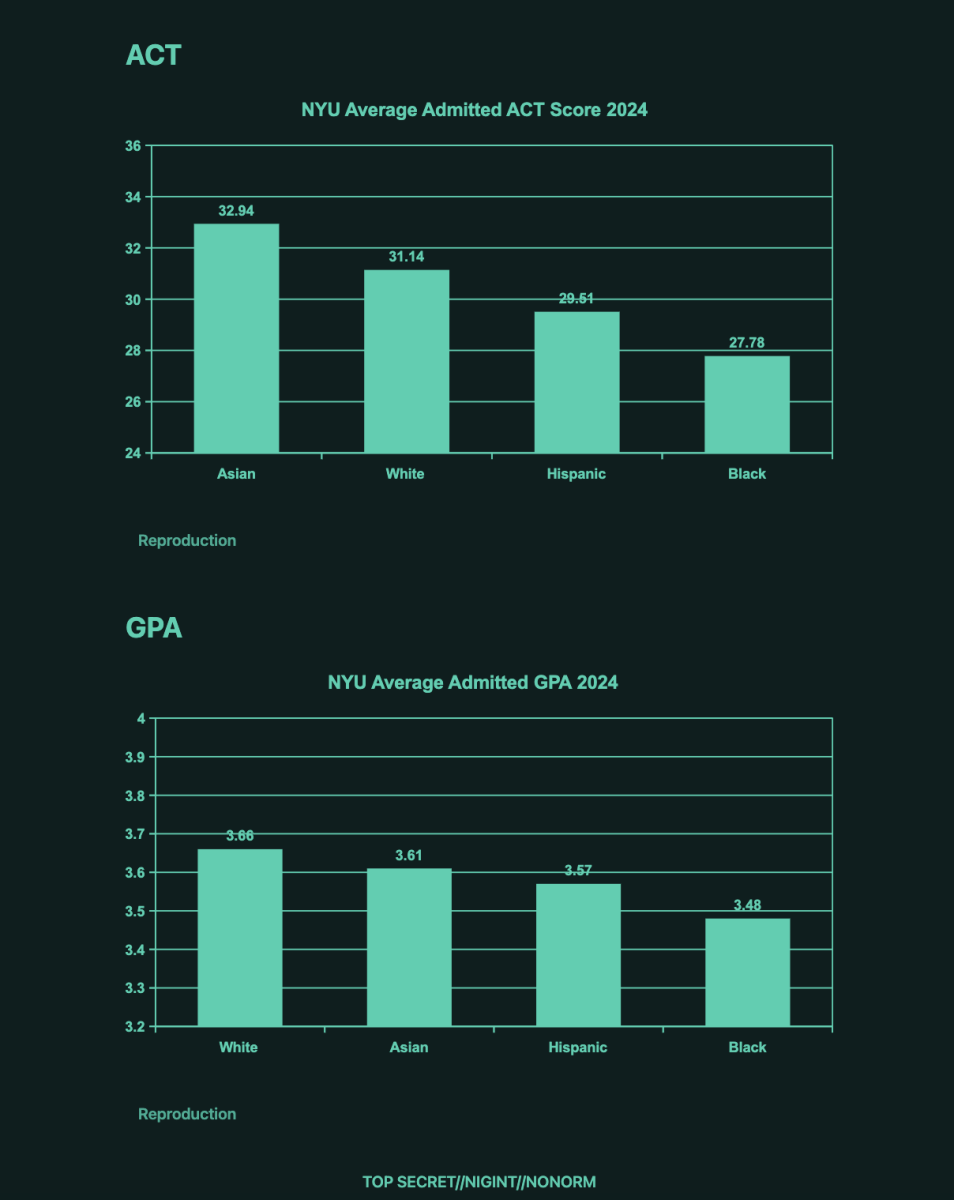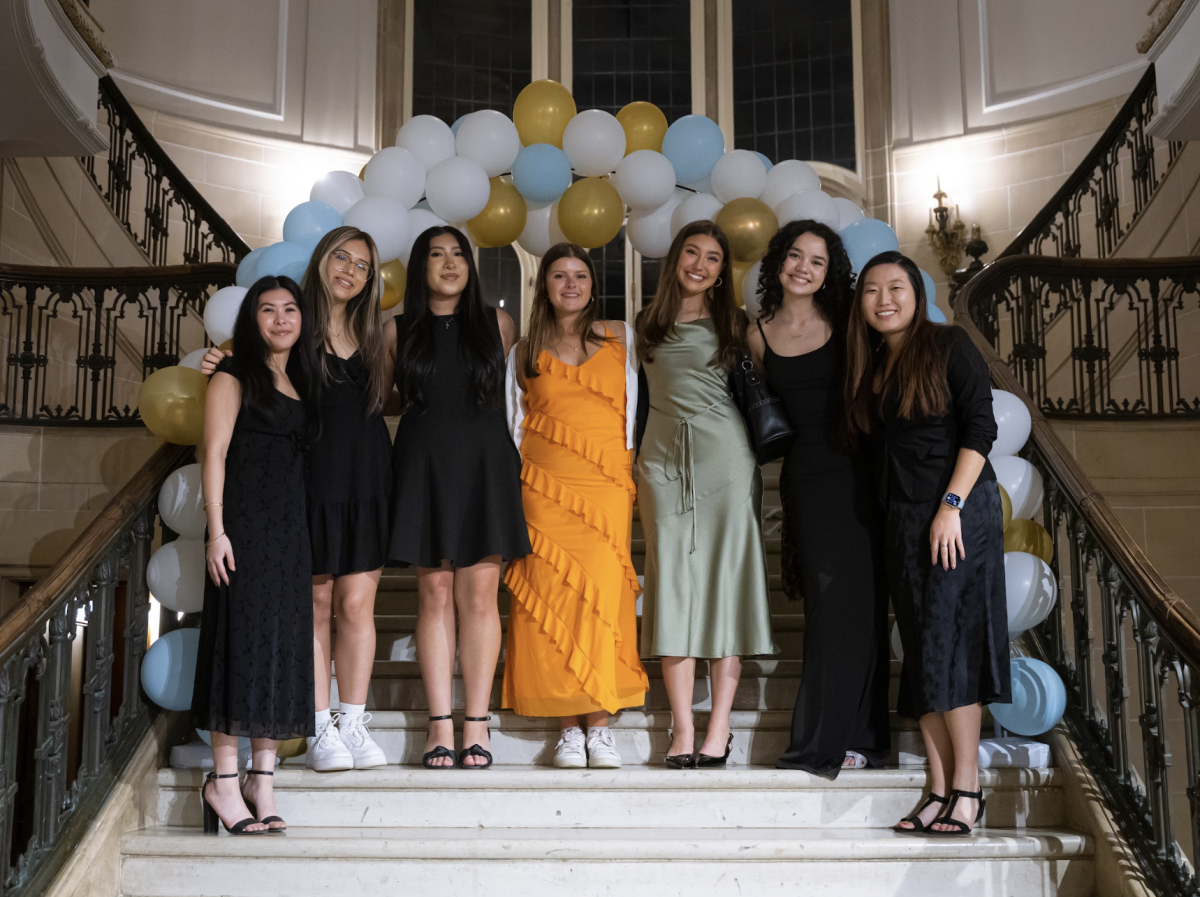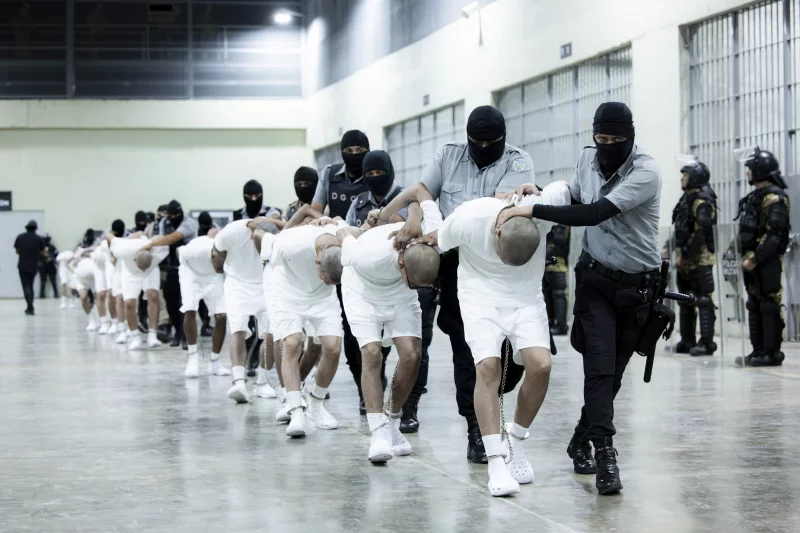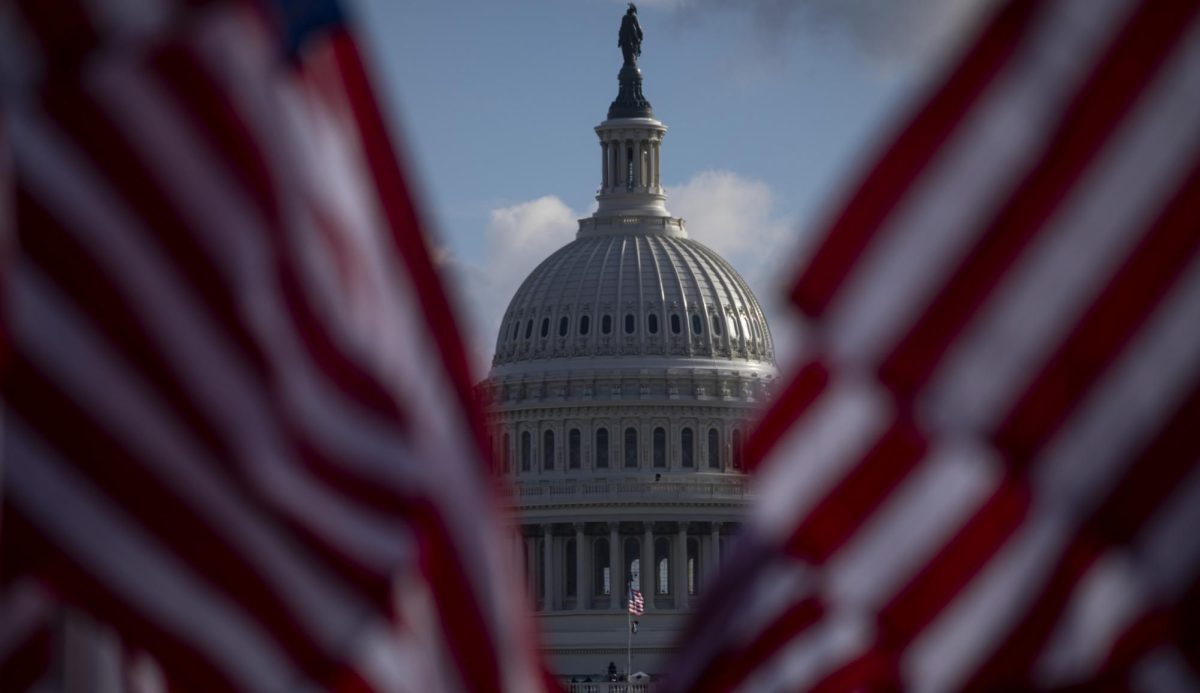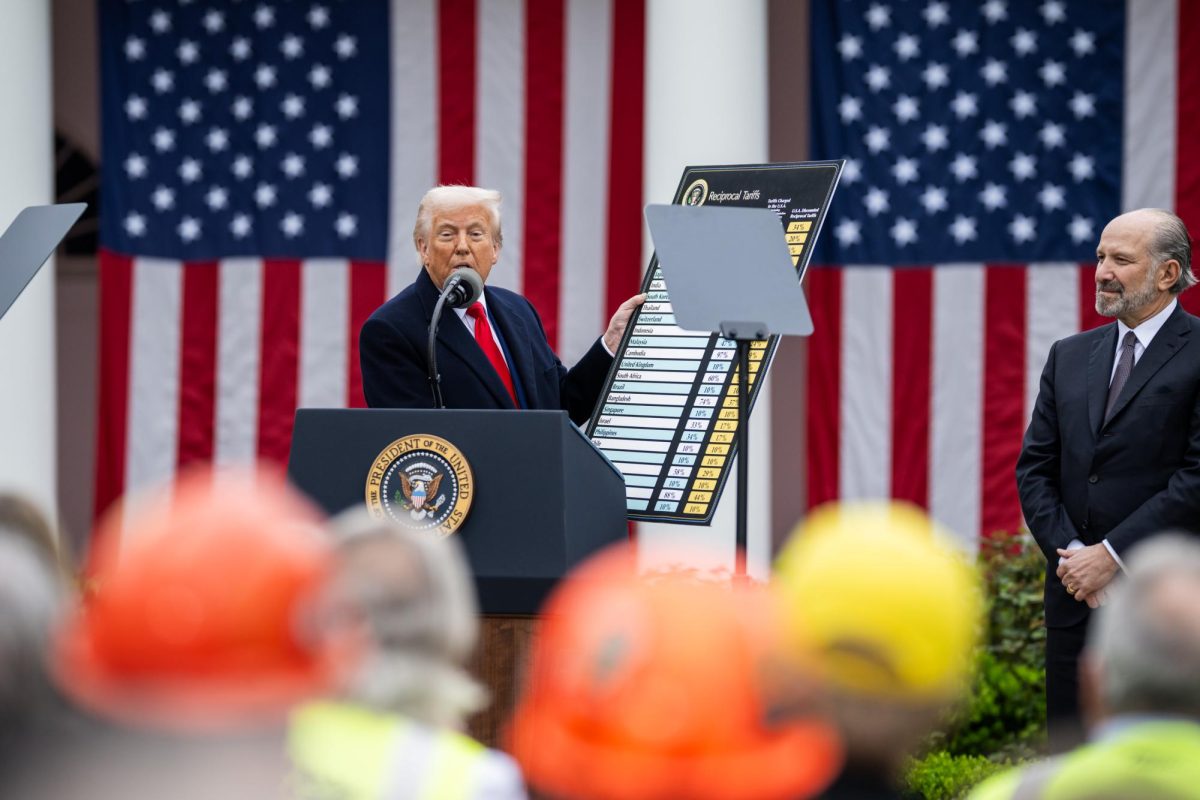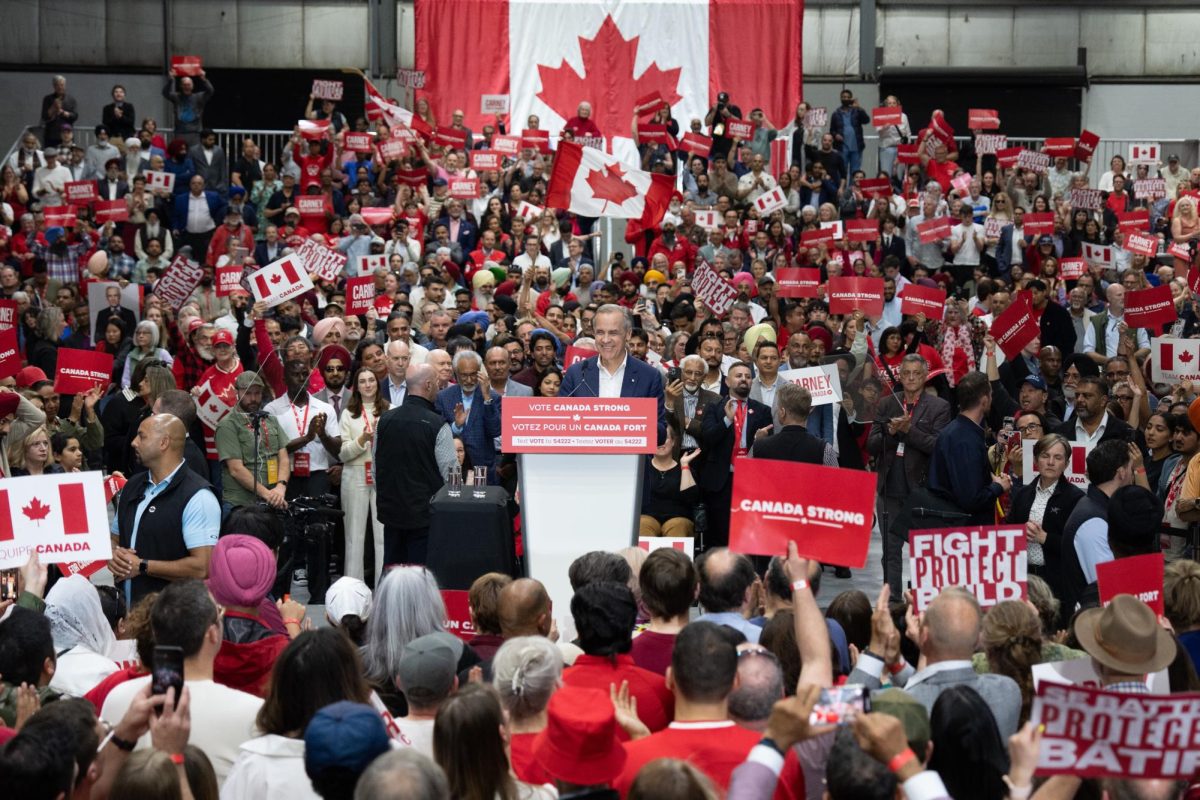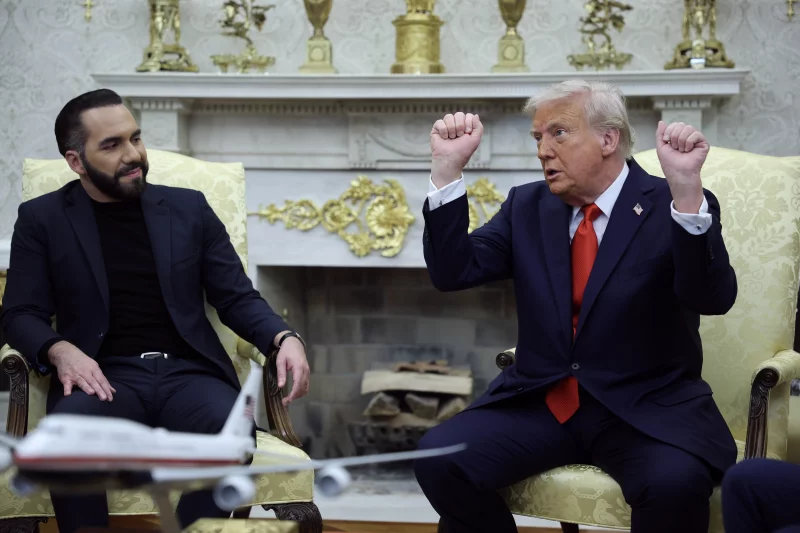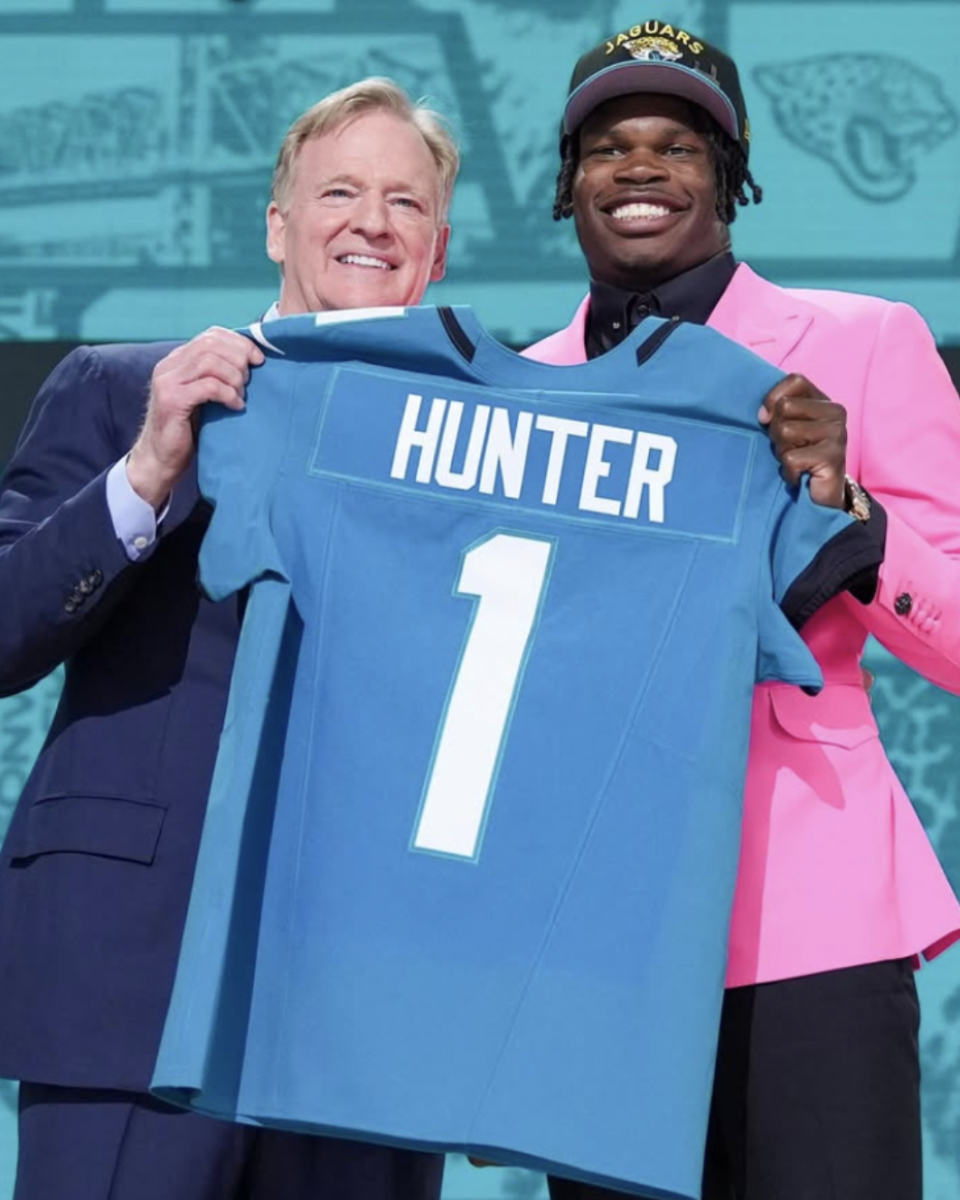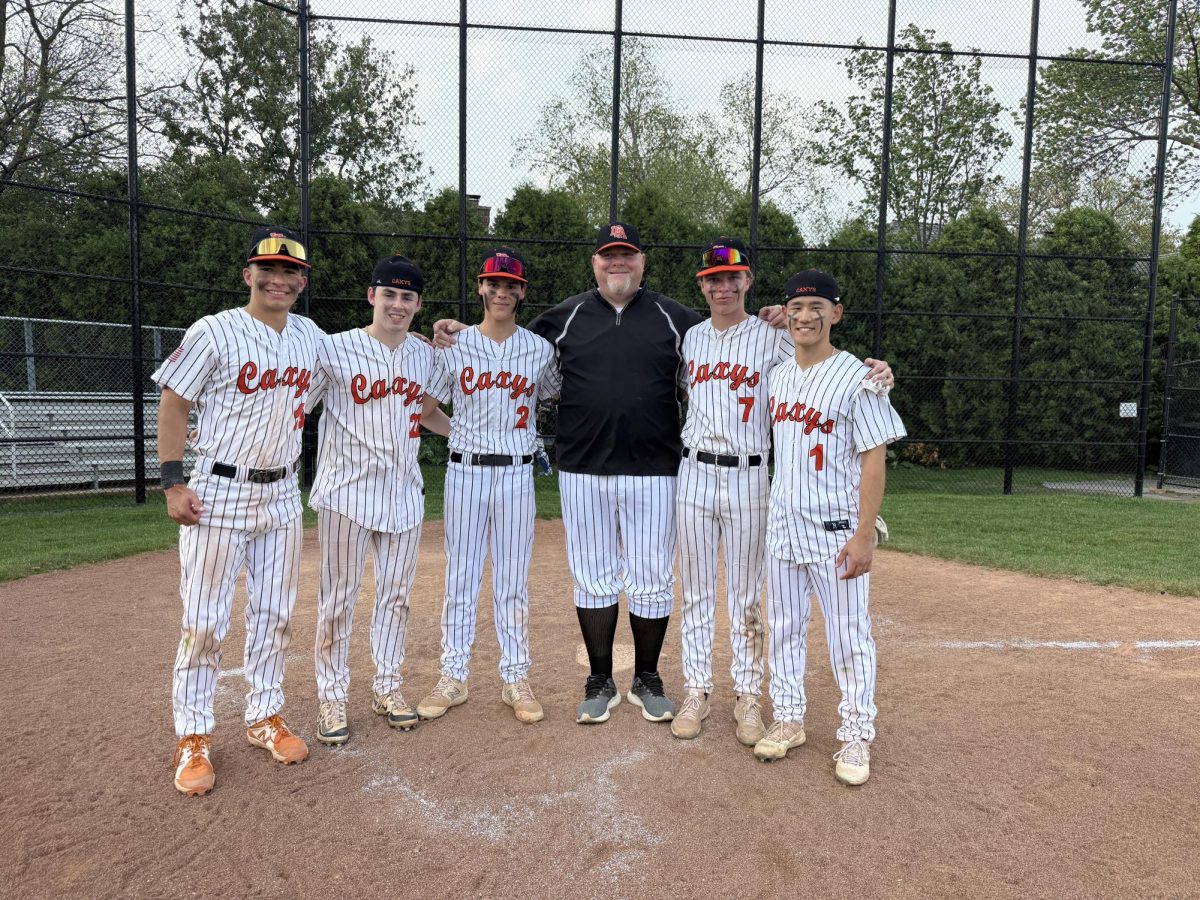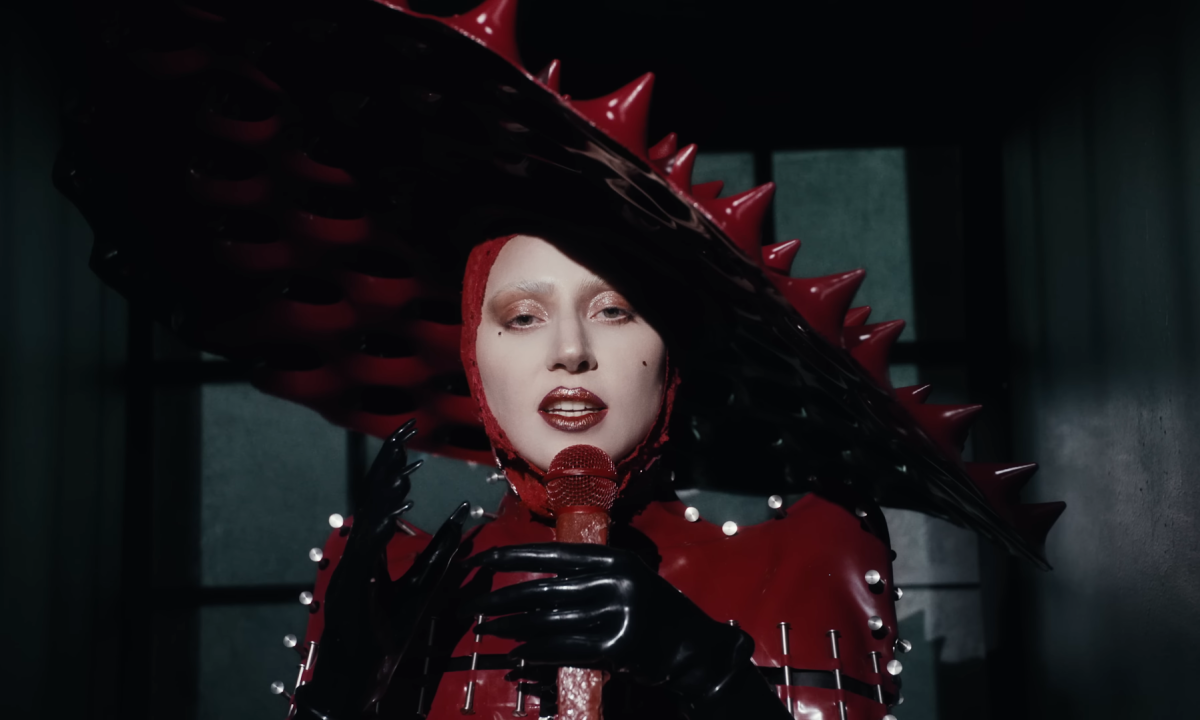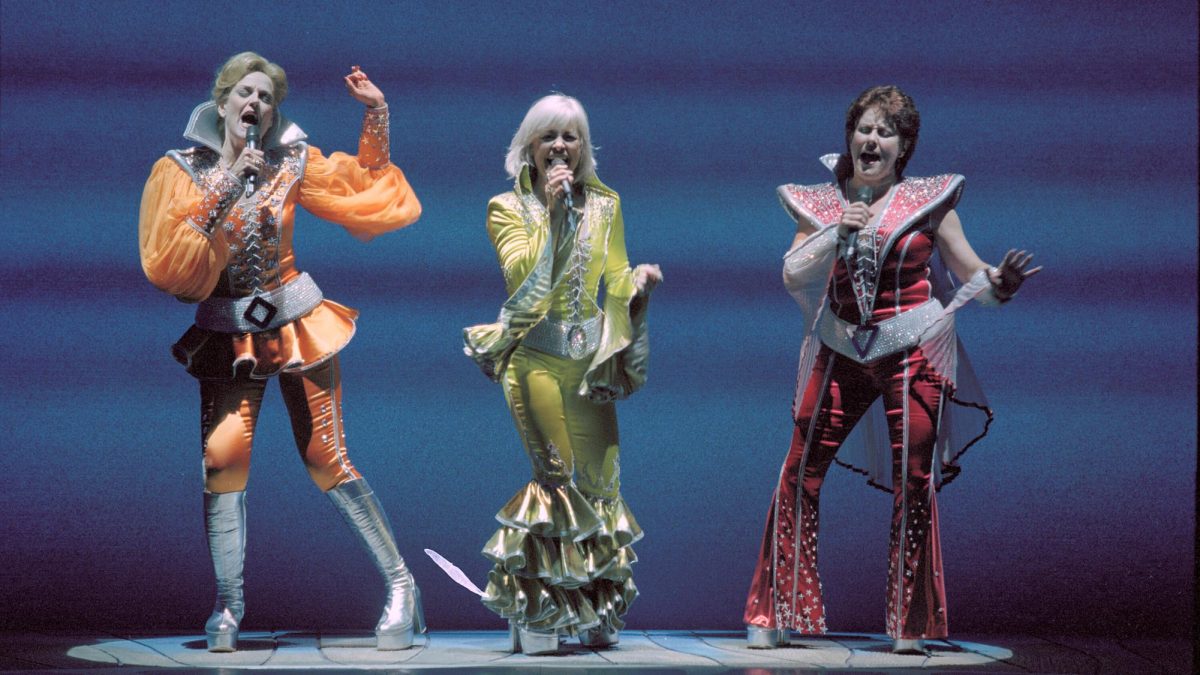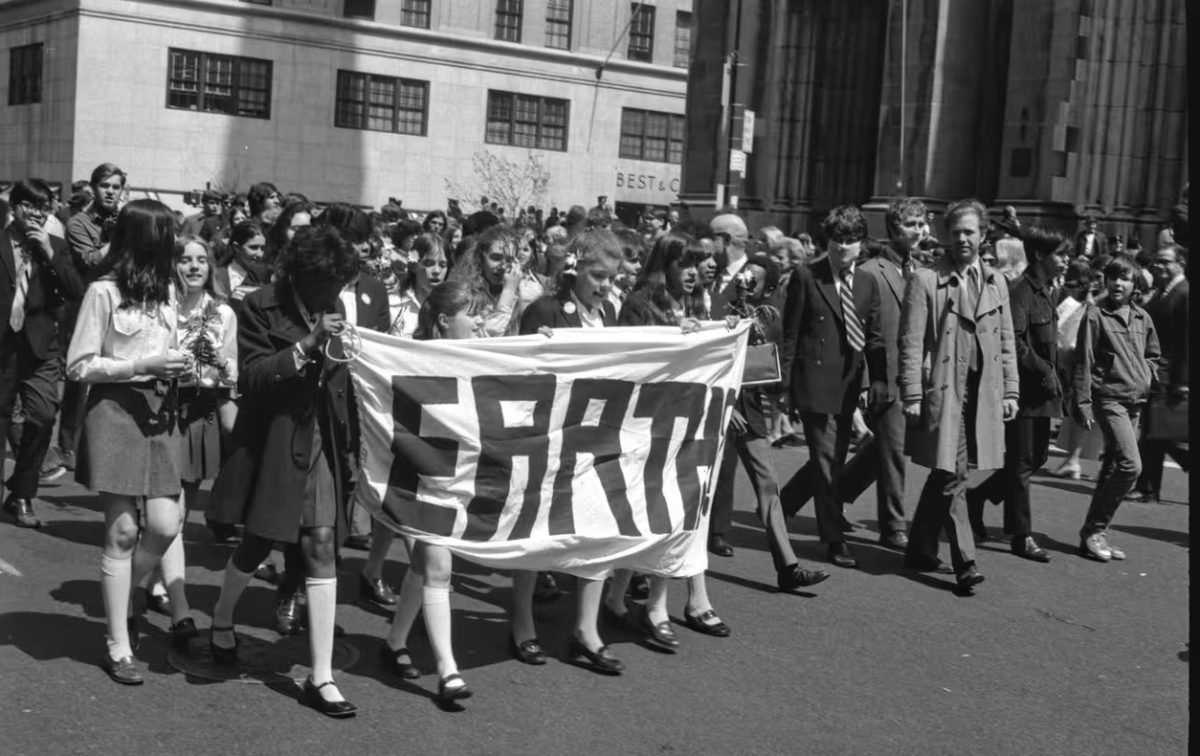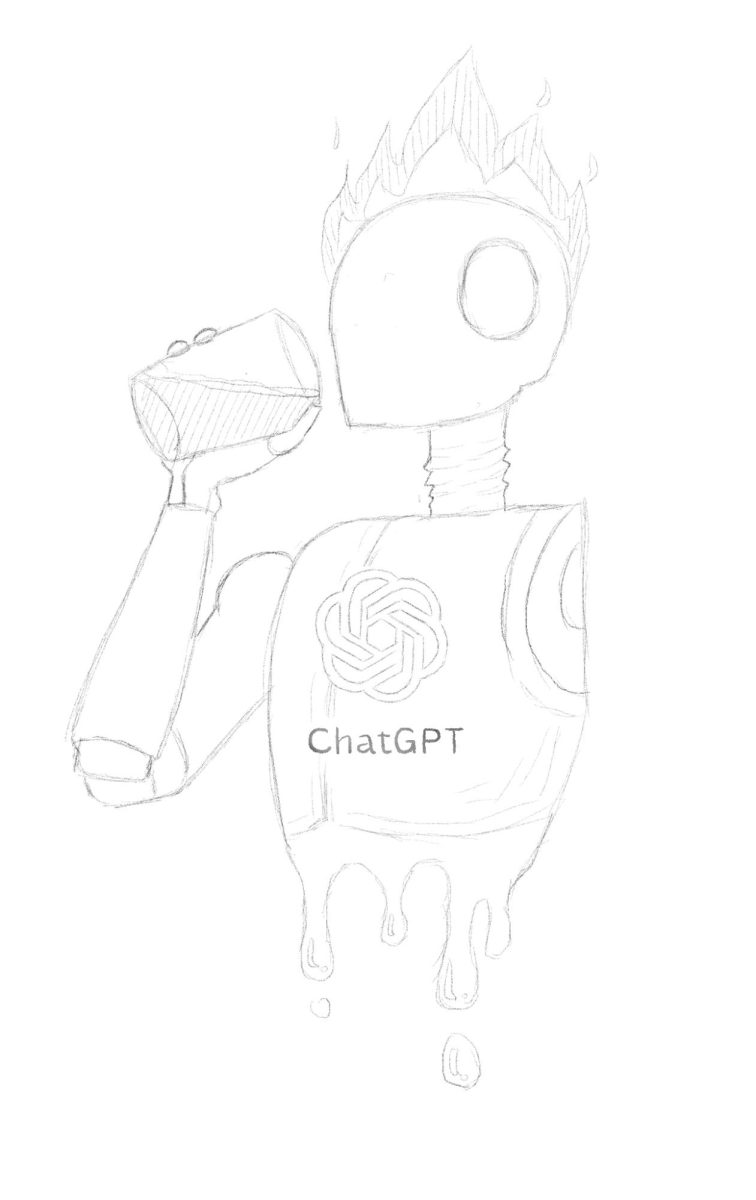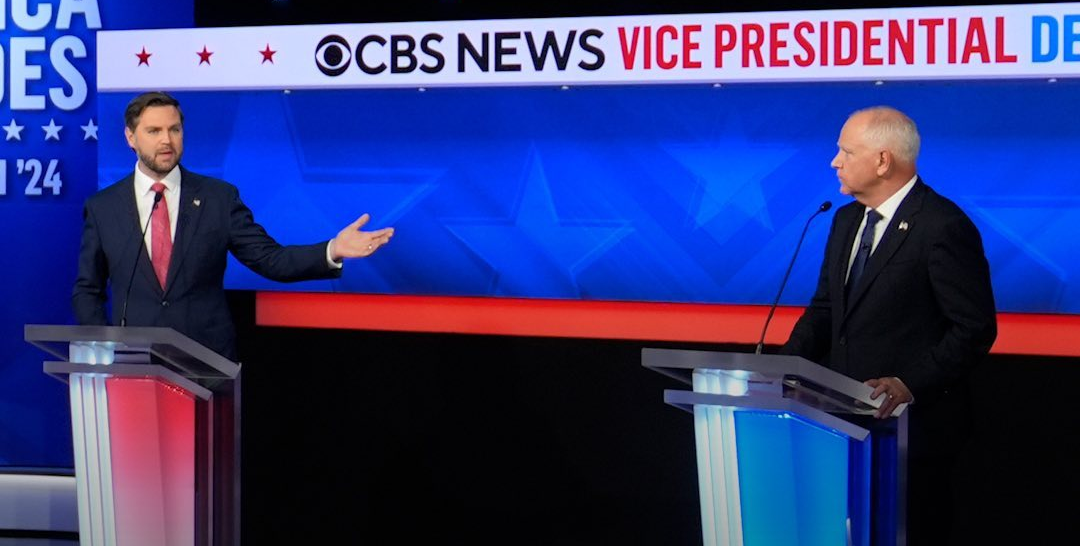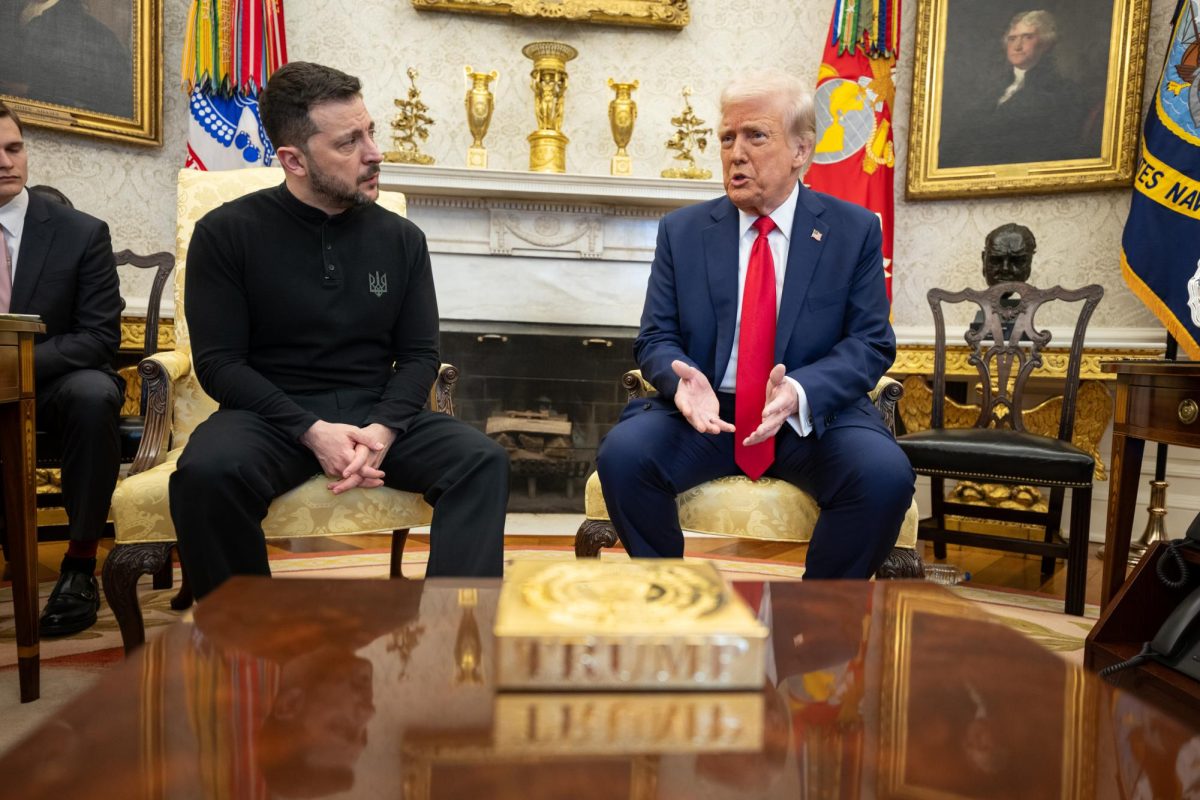One thing remains constant across the landscape of American presidential elections: vice presidential debates don’t move the needle. Senator JD Vance and Governor Tim Walz put on a display that, in part thanks to its unexpected amiability, made no exception to that rule.
Heading into the night of the debate, the expectation was that the status quo of the race would be preserved, but at the beginning of the evening it appeared as if a very different picture was being painted. Vance graduated from Yale Law–giving him all but a degree in debate–and as such came off as poised and poignant from the start. Walz, on the other hand, was much less comfortable on the stage, as he tripped over his words in the beginning phases of the contest. He warmed up as the night went on, but remained the less composed of the two speakers.
Despite this, the Minnesota executive was still able to get his points across. He was able to cite his state’s strong resumé on healthcare and abortion rights–the two issues seen as the ones where he had the biggest advantage heading into the night. He was concise but effective on gun control; his remark that “sometimes, it is just the guns” hit home with viewers. Walz failed to point out Vance’s missteps, contributing to his middle-of-the-road performance and the surprisingly calm nature of the evening.
Ever since former President Donald Trump’s run for the White House in 2016, both presidential and vice presidential debates have been intense, entertaining affairs with a typically negative tone. This contest between the two “attack dogs” for the campaigns was unlike that, though: the candidates often said they agreed with one another, policy was the main focus rather than character (not at the expense of talking about the character of the presidential candidates, though), and after things concluded, they shook hands and talked with one another. It was a refreshing sight for the country, and it solidified the fact that not much ground was gained by either side.
According to a CNN poll of debate watchers, Walz moved to a nearly net +40 rating, while Vance was able to drag his numbers back to even from around -20. Though these numbers will partially regress by the time election day rolls around, for Vance especially, this was a crucial success.
Vance entered Tuesday night with a distinct disadvantage: he was the most unpopular vice presidential nominee in modern American history, according to favorability numbers from ABC. Particularly in contrast with the unusually well-liked Walz, the Ohio Senator’s controversial past comments during his run for Senate in 2022–as well as his staunch pro-life positions on abortion–put him deep underwater. The JD Vance that Americans saw on the debate stage helped to improve his image: he was careful to avoid coming out in support of anything overtly extreme, and often brought up his upbringing and his family to relate to viewers.
Vance also did something that Republicans like Virginia Governor Glenn Youngkin have found great success in with his utilization of euphemisms and vague language to keep from scaring away moderate voters. Particularly in contrast with Trump’s performance in September, it seemed to soothe the minds of many and paint him as a candidate you could trust.
Like Walz, though, Vance’s story isn’t black-and-white. His composure broke a few times; after blaming illegal migrants for much of the country’s economic struggles and using Springfield, Ohio as an example, the moderators brought up that many Springfield’s residents were legal immigrants, eliciting a response from Vance: “The rules were that you were not going to fact check.” Though the agreed-upon rules for the CBS debate did include a lack of fact checking by the moderators, the point didn’t land well with many, and his continued persistence resulted in his mic being muted–a surprising turn of events after Trump was allowed to go well over time limits on ABC.
Importantly, Vance lied, too; his claim that Trump “salvaged Obamacare” despite his efforts to get rid of it is false. For his part, Walz called himself a “knucklehead” and said he misspoke in response to a question asking him about a discrepancy of when he was in Hong Kong in 1989–he had previously claimed to be in the country during the June Tiananmen Square Massacre when he arrived there in August.
The big denominator of the night was when Walz asked Vance if he thought that Trump lost the 2020 election. The Ohio Senator deflected, which the Democrat called a “damning non-answer;” the exchange reflected the fact that the majority of Trump’s base believes he won in 2020 and his campaign’s apprehension in giving up the Big Lie after years of perpetuating it. It was a good end to the night for Walz and solidified a performance that all but guaranteed that the state of the race wouldn’t change. Polls from CBS and CNN both show all but a dead even split on who won the contest, and that shouldn’t be a surprise. Though the vice presidential battle ended without a decisive victor, this historically close war for the White House will come down to how each side can spin their message in the final weeks of the campaign season.


